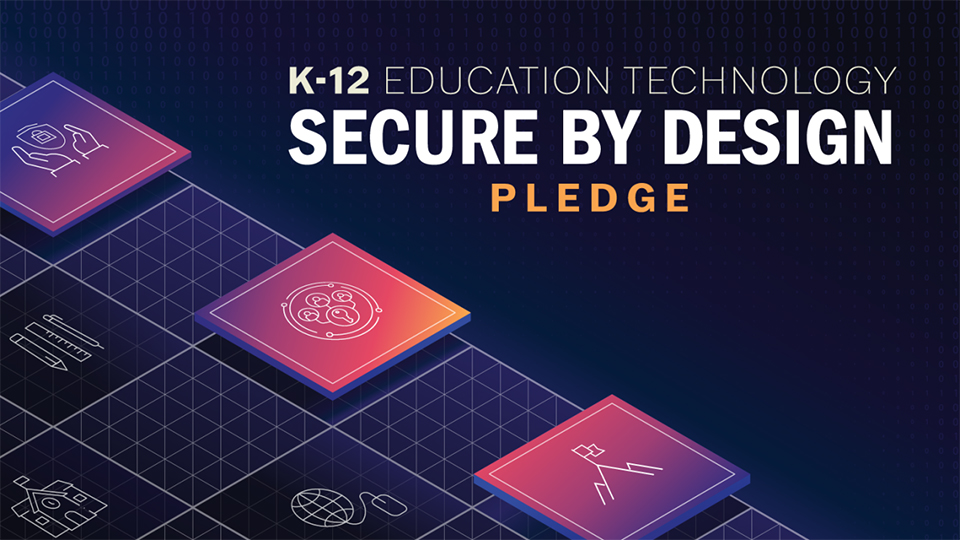
The Cybersecurity and Infrastructure Security Agency has launched a voluntary pledge for K–12 education technology software makers to “commit to designing products with greater security built in,” the agency said in a news release.
The Department of Homeland Security has added $374.9 million in grant funding to the State and Local Cybersecurity Grant Program, which is entering its second year, the agency said in a news release.
SmartPass has launched three new options for its SmartPass Hall Pass solution including SmartPass Flex, SmartPass Attendance, and SmartPass ID Cards, with the latter offered free for K–12 schools, according to a news release.
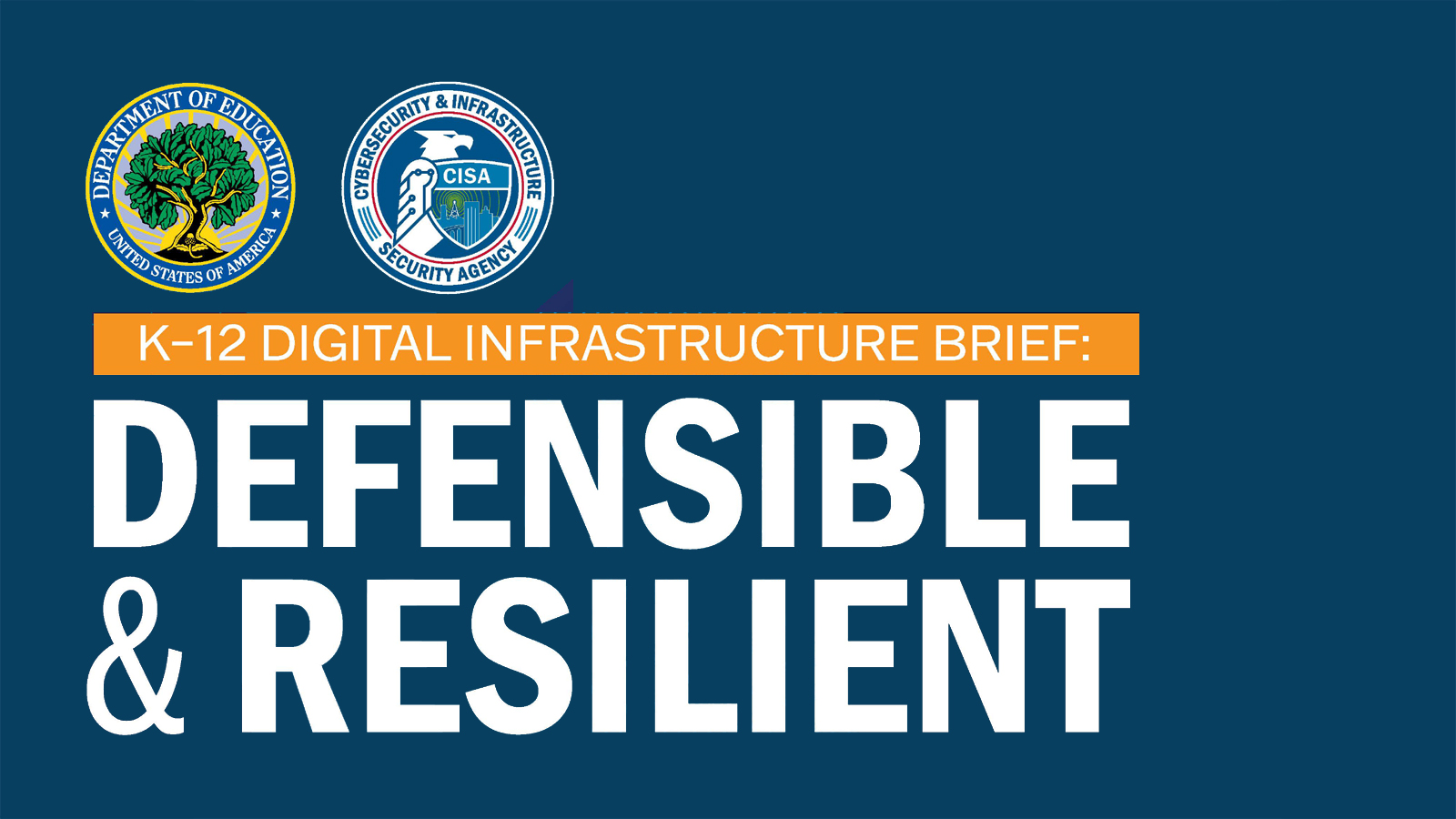
The Biden-Harris administration has unveiled new public sector efforts and private sector commitments to bolstering cyber defenses across the nation’s public schools, including a new Government Coordinating Council within the U.S. Department of Education to facilitate formal collaboration between “every level of government and the education sector.”
Internet security company Cloudflare announced a new initiative at the recent White House “Back to School Safely: Cybersecurity for K–12 Schools” event: it will provide Zero Trust cybersecurity for small public school districts up to 2,500 students at no charge, and with no time limit.
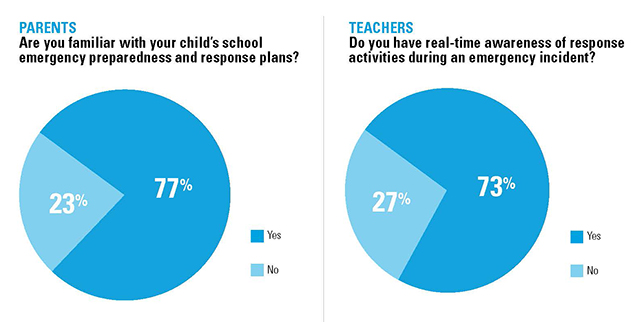
A new report from Motorola Solutions reveals parents’ and teachers’ top concerns and how much they know about and are confident in their schools’ safety planning and emergency response preparation.
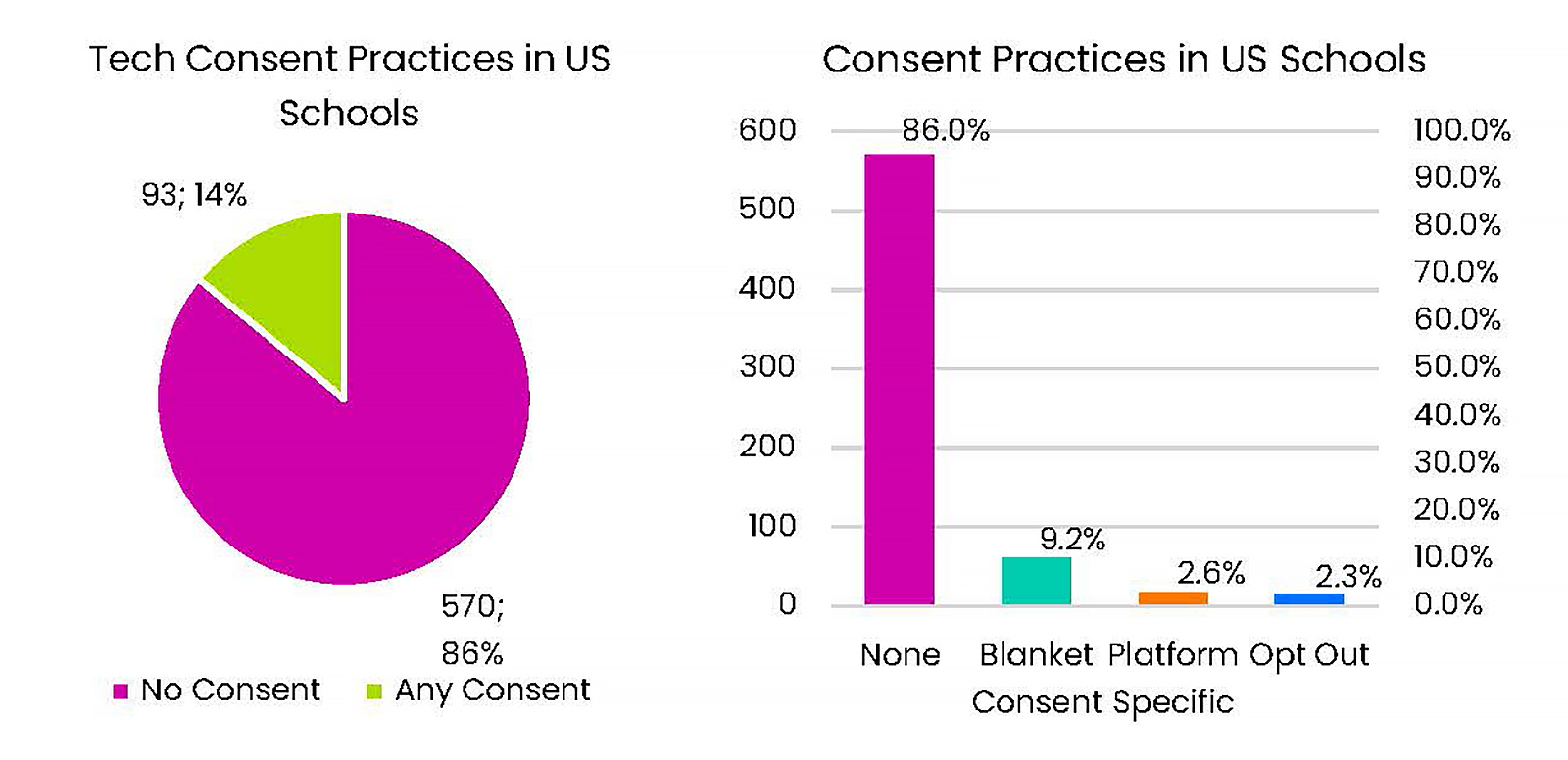
A new in-depth analysis from Internet Safety Labs’ 2022 K–12 EdTech Safety Benchmark Findings reveals alarming data about advertising in apps widely used by schools and finds that state privacy laws and third-party certifications claiming to keep students’ data private are often not making kids any safer.
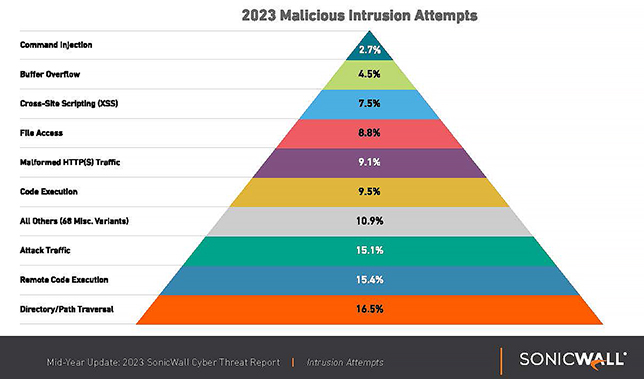
K–12 schools and other education organizations in the United States are experiencing a “massive spike” in malware, encrypted threats, and cryptojacking so far this year, even as ransomware attacks have slowed, according to SonicWall’s 2023 Mid-Year Cyber Threat Report.
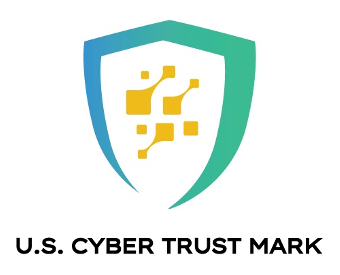
Federal Communications Commission Chairwoman Jessica Rosenworcel has introduced a proposal to create a “voluntary cybersecurity labeling program” for smart devices in an effort to boost transparency and protection against cyber threats in the growing Internet of Things market.
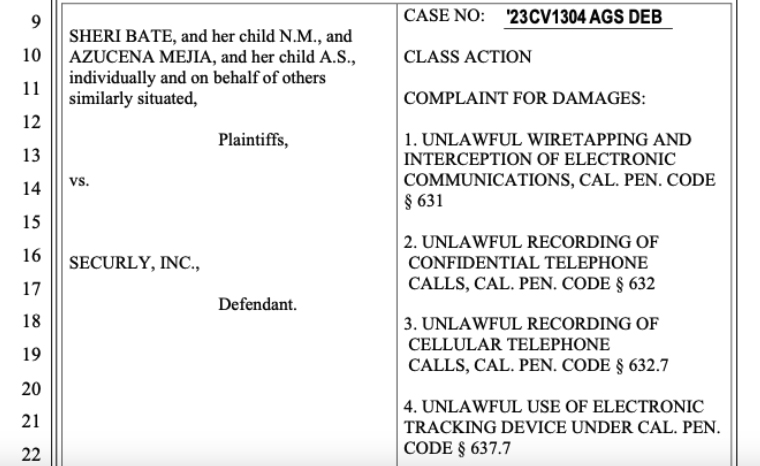
The parents of two California children are suing Securly, accusing the online-activity surveillance provider of violating California wiretapping and data privacy laws and of violating the federal Video Privacy Protection Act by collecting protected private information without consent and selling it to third-party advertisers.